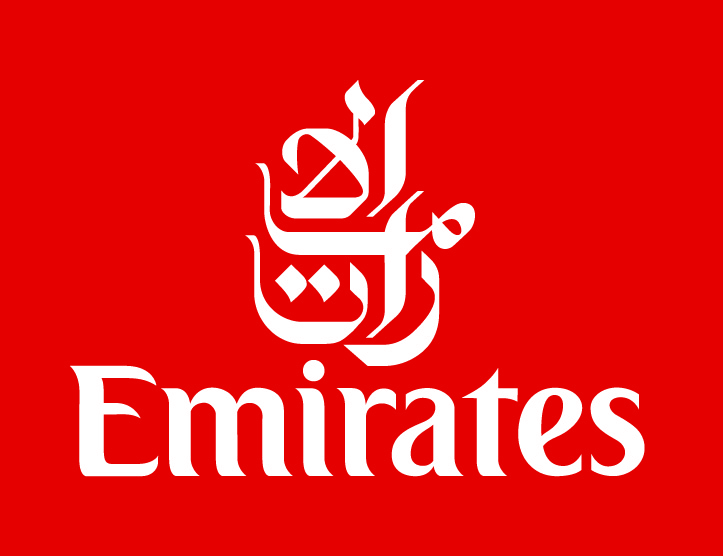Legal Blog 3
Date Posted:Mon, 1st Apr 2019

Read the latest post from your BBG Legal Focus Chair, Alison Hubbard...

With apologies for the delay in publishing this month’s legal blog (it’s flu season!), this edition features insights into the proposed end of service beneft reforms from Philip Wheeler, a colleague of mine from EY’s Pensions Advisory team. Philip is a pensions actuary and recently gave his perspectives to The National on this issue.
As most of us will be aware, the UAE Labour Law requires an employer to provide leaving employees with an end of service benefit based on the employee’s number of years of service and salary at date of leaving. Although employers can choose to pay more, the majority provide only the minimum amount.
The minimum benefit poses some significant challenges to both employers and employees alike; for employers, the defined-benefit nature means the eventual cost is unknown until the last employee leaves, while for employees, the absence of any ring-fenced funding to back these benefits means there is a risk the benefit might not be paid if the employer is unable or unwilling to pay at leaving date.
This is set against a global context of employers moving away from providing employees with unfunded defined benefits and instead moving towards funded, protected defined contribution provision.
Whilst the end of service gratuity was never intended to be a retirement savings vehicle, it is worth noting that the minimum level of benefit is unlikely to provide an adequate income in retirement in almost all circumstances.
Q. So, what’s happening with end of service gratuity then?
A.There has been continued discussion within some of the Gulf states on reforming the end of service gratuity over the last few years, although it is only recently that there has been more open discussion and interest by governments.
In part, the need for change has been driven by changing demographics within the region. For example, expatriate workers are remaining for longer in the GCC. This is coupled with a trend by employers moving away from offering large, hardship-posting salaries to attract expatriate workers and instead moving towards offering equivalence on salary. This latter trend has focussed attention on employers overlooking equivalence on non-cash benefits such as pension.
Q. What are the key objectives of the UAE Government in driving this initiative?
A.There is strong competition by each Gulf state to accelerate their development towards each their own vision for the future. Each Gulf economy relies heavily on expatriates to both help develop and implement the vision.
Each Gulf state recognises that the ability to attract and retain expatriate workers to fulfil this vision could be at risk without evolution of the workplace offering to such workers compared to the rest of the world.
Governments recognise the failings of the end of service gratuity, and the benefits that a more replacement scheme tailored to the current economic environment could bring, and so are seeking to develop the framework around non-cash benefits (such as pension) between employers and the employees they wish to attract to the region.
Q. What types of solution do you think will be available when the time comes, and what challenges do you foresee employers having implementing those solutions?
A. Best in class solutions currently revolve around trust-based defined contribution (DC) plans. Key considerations for implementing such plans include:
1. A sustainable structure for benefits, contribution rates and charges;
2. A robust vehicle to operate the plan coupled with a robust governance structure;
3. Cost-benefit and impact analyses to test the viability and credibility of such a plan;
4. An appropriate regulatory regime;
5. Transitional arrangements that balance the needs of employers, employees and government;
6. Quality employee education, communication and empowerment programs.
Employers will face several challenges when implementing such situations.
(a) There may be a cost impact should replacement DC contributions be more expensive than the end of service gratuity regime;
(b) There will be a cashflow strain as the employer moves from an unfunded (gratuity) basis to a funded (DC) basis;
(c) Depending on how the UAE implements such a change, employers might need to find and select an appropriate third-party provider with a viable occupational savings vehicle;
(d) Operationally, there will be challenges in terms of supplying data and documents, paying contributions and benefits and demonstrating compliance with the regulations of a new DC regime;
(e) Improved transparency around this benefit could increase pressure to improve other employee benefits, for example life insurance.
Q. Do we have a timeline for the changes?
A. There is no current timeline for change in any of the Gulf states, although most open discussion around reform has emerged from the UAE.
That said, any country-wide change to labour law would typically require a transitional phase lasting over several years, similar to the introduction of mandatory workplace savings plans in Malaysia, the UK and the US.
The timeline will be partly driven by the ability of local, developing pensions and institutional investment industries to meet demand by employers across and entire country. The timeline will also depend on the ability of employers to establish new systems and processes to pay contributions, process benefits and provide data to a third-party savings vehicle.
Q. What positive impacts do you see the change in approach having?
A. Positive impacts would be expected to include the following.
- It would allow a more transparent discussion between expatriate workers and employers around providing equivalence of non-cash benefits;
- It would accelerate the development of the local pensions industry and local institutional investment industry;
- Where a proportion of contributions are invested locally, it would accelerate the development, range and transparency of local investment markets;
- It would continue the ongoing development of the UAE, allowing the next steps to be tackled towards achieving the vision for the future. For example, next steps could include reforms around allowing permanent residency in retirement for expatriate workers.











